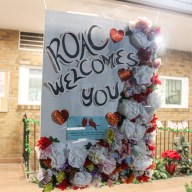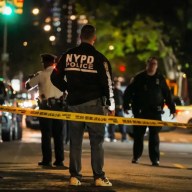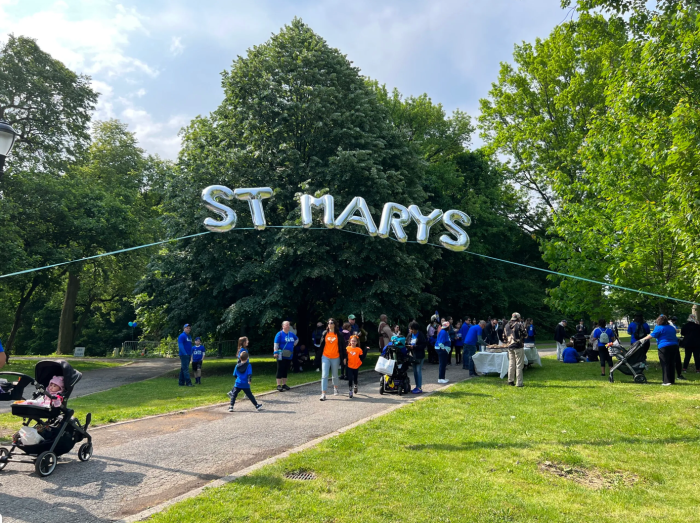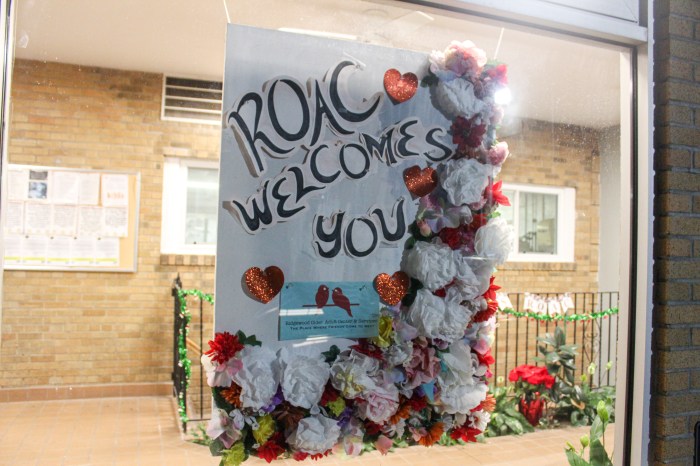By Matthew Wolfe
In May of 1991, a small band of Kensington residents, tired of crime in the neighborhood, banded together to do something about. With a meeting that attracted hundreds, the Kensington Action Force, a group dedicated to helping citizens find a voice in the criminal justice system was formed. They approached the authorities for action, aided victims of crime, and started a court monitoring system to make sure that justice was followed through upon. Now, nearly 17 years later, the KAF members, while still active in crime, have turned their attentions to the rather more sedate dilemma of parking, a testament both to a safer borough of New York, and an effective community organization. In a Community Safety Metting in Kensington on the evening of March 10 at Ditmas I.S. 62 (700 Cortelyou Road), approximately two dozen residents came out to voice their concerns and learn what was happening with the action force and the community from city officials and members of the 60th and 66th precincts. Led by Sidney Zalman – who noted that attendance was unusually low due to late invites – the meeting touched on issues of parking, graffiti and the post office. “What we’re doing is educating the public to be more effective in coming to elected officials,” with issues related to safety, crime and quality of life, said Zalman. Councilmember Bill de Blasio was in attendance and spoke both in praise of the group, which he said accomplished much and had no reason to exaggerate its legion accomplishments, and also of the problems of congestion pricing. De Blasio said he had problems with the current plan as outlined by Mayor Michael Bloomberg. The councilman said that if residential permit parking, a system in which residents are given exclusive access to certain parking spaces, was to be implemented, he would want to make sure it was for all of Brooklyn so no one was left out. Jason Kruhl of the Corporation Counsel, a city agency that handles juvenile offenders, who has worked with members of KAF before, said that while he supported fair sentences, it was also important to be mindful of where those who are arrested for neighborhood crimes come from. “It’s important to understand that these individuals are under sixteen, and there are often extenuating circumstances in their lives,” he said. Zalman noted that one of the services the KAF provides is helping victims of crimes make the statements to police and prosecutors in cases against those who have hurt them. Zalman said that in the past, KAF has helped victims give statements from their homes and other more convenient places if they are pressed for time so that justice is done and those who committed the crime are prosecuted. Zalman said that KAF provided services outside the forum of meetings where people can ask questions. “Members know that they need not wait for a meeting to have their concerns addressed,” he said. One concern brought up at the meeting involved the proliferation of graffiti near a woman’s house. The officer told the woman to call 911 or 311 and his precinct would hear about it and respond. He noted that if the graffiti is on commercial property, a waiver for repainting is required from the property owner. A representative of Bill de Blasio’s added that calls could be made to his office and they would report the graffiti if the caller wished to remain anonymous. The complaints – graffiti, parking, letters piling up – suggest a far safer neighborhood than almost 20 years ago. In passing, Zalman noted that outside was a sign, in lights, warning off trouble-making intelopers, which reads, in English and in pictograms, “Friends welcome, others beware.” “It’s a visual message to say ‘think twice,” said Zalman. Zalman noted that the message was recognizable even to those who didn’t speak English.






























